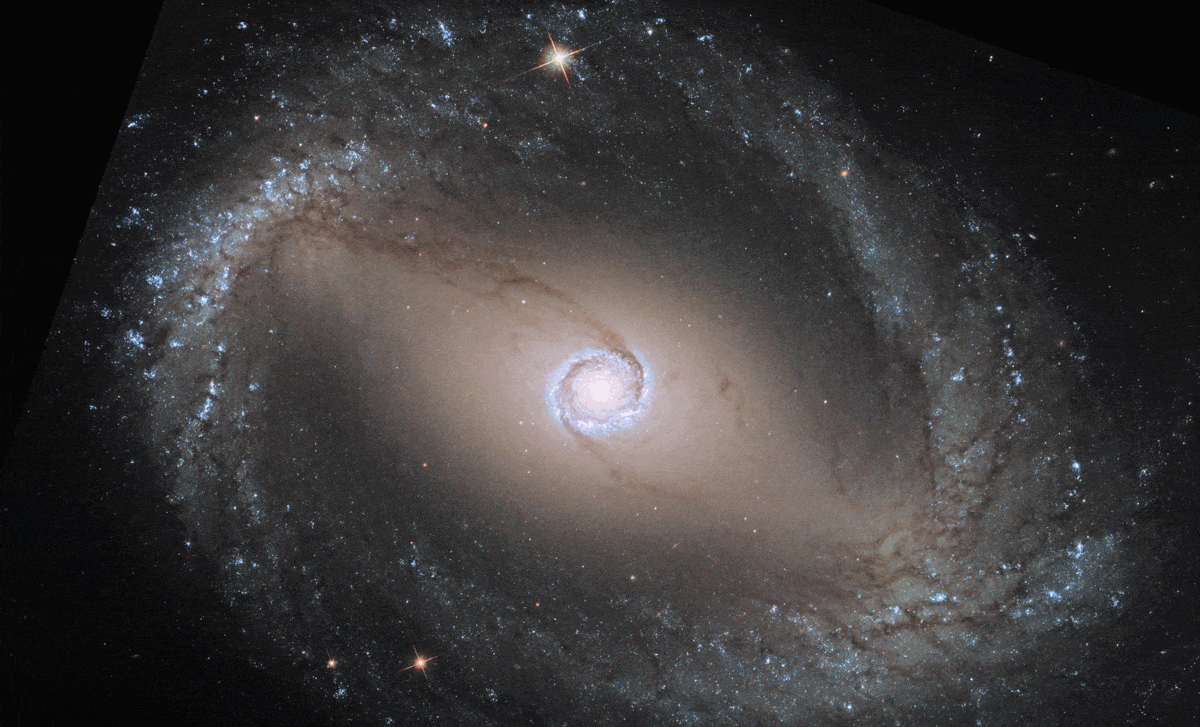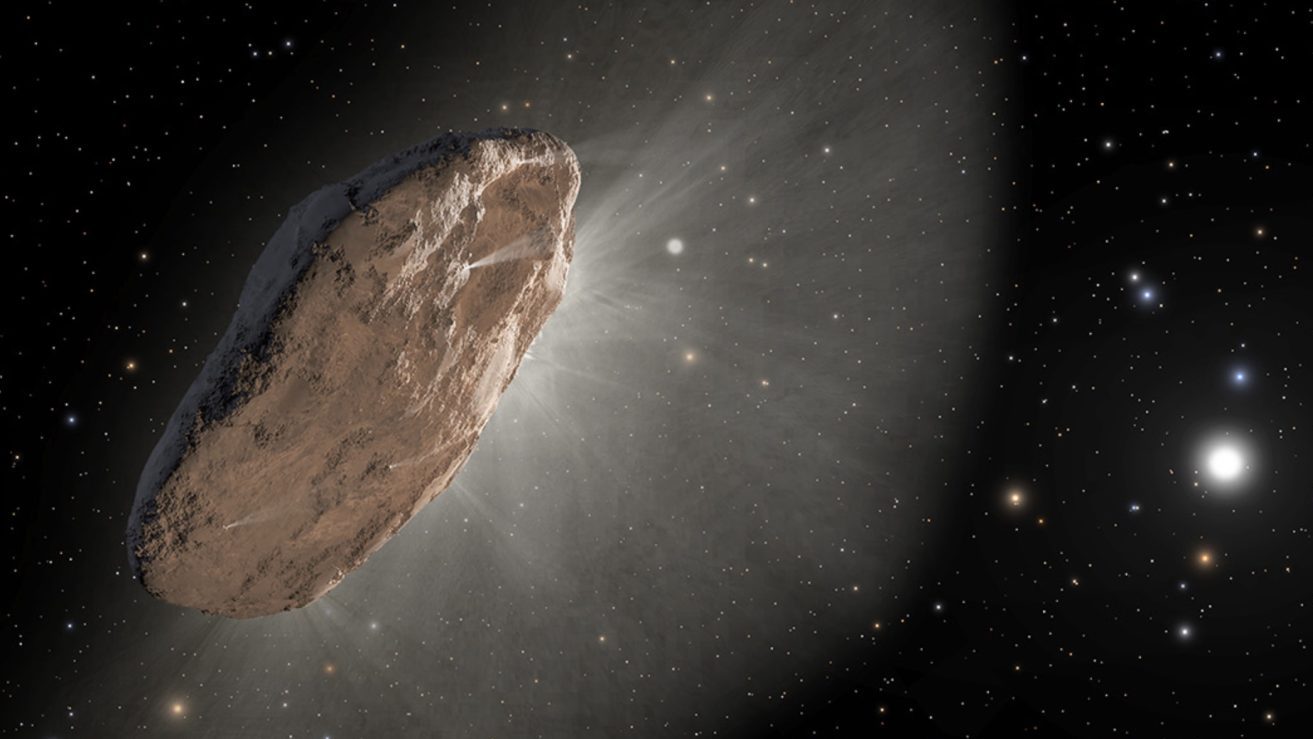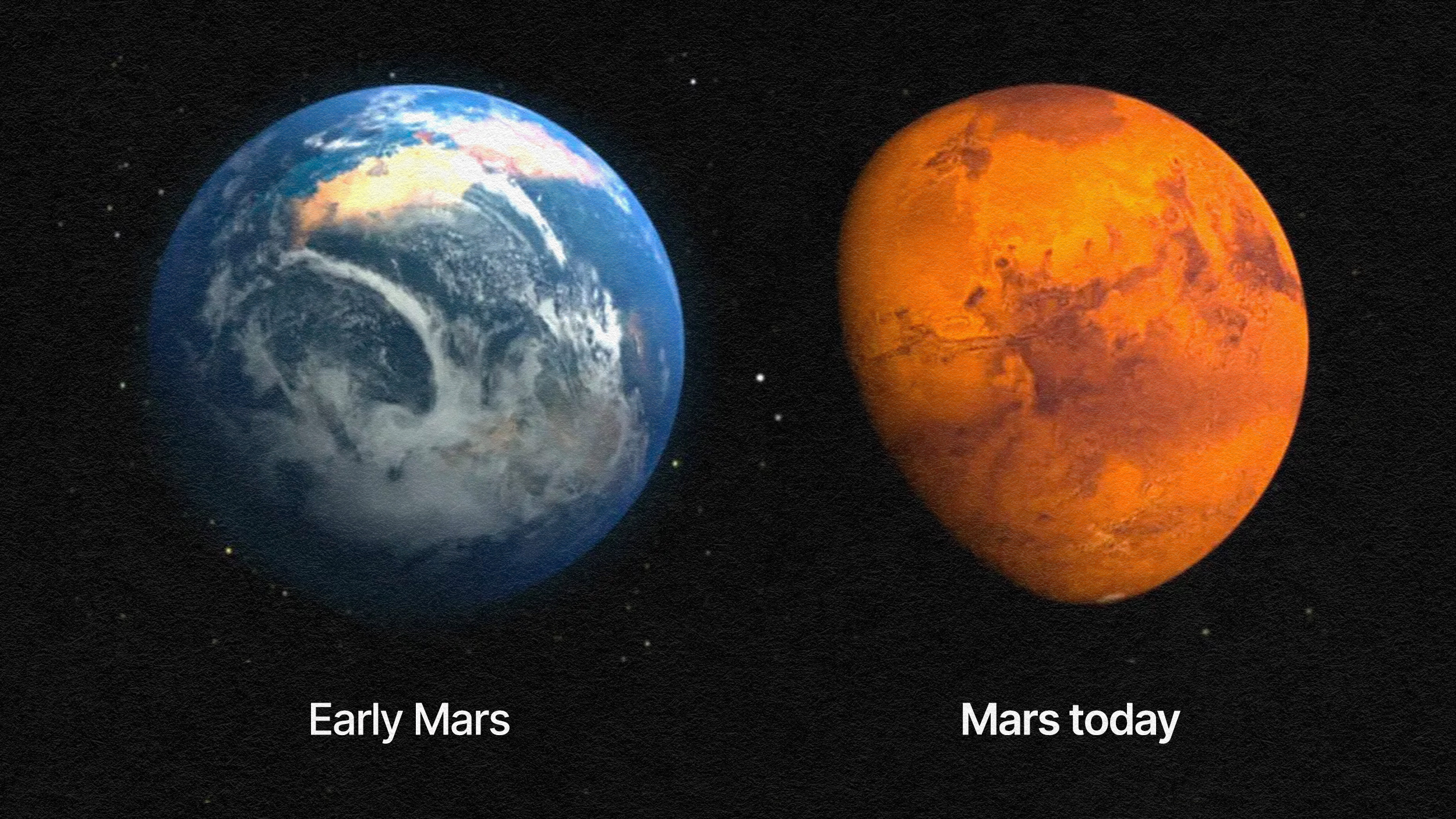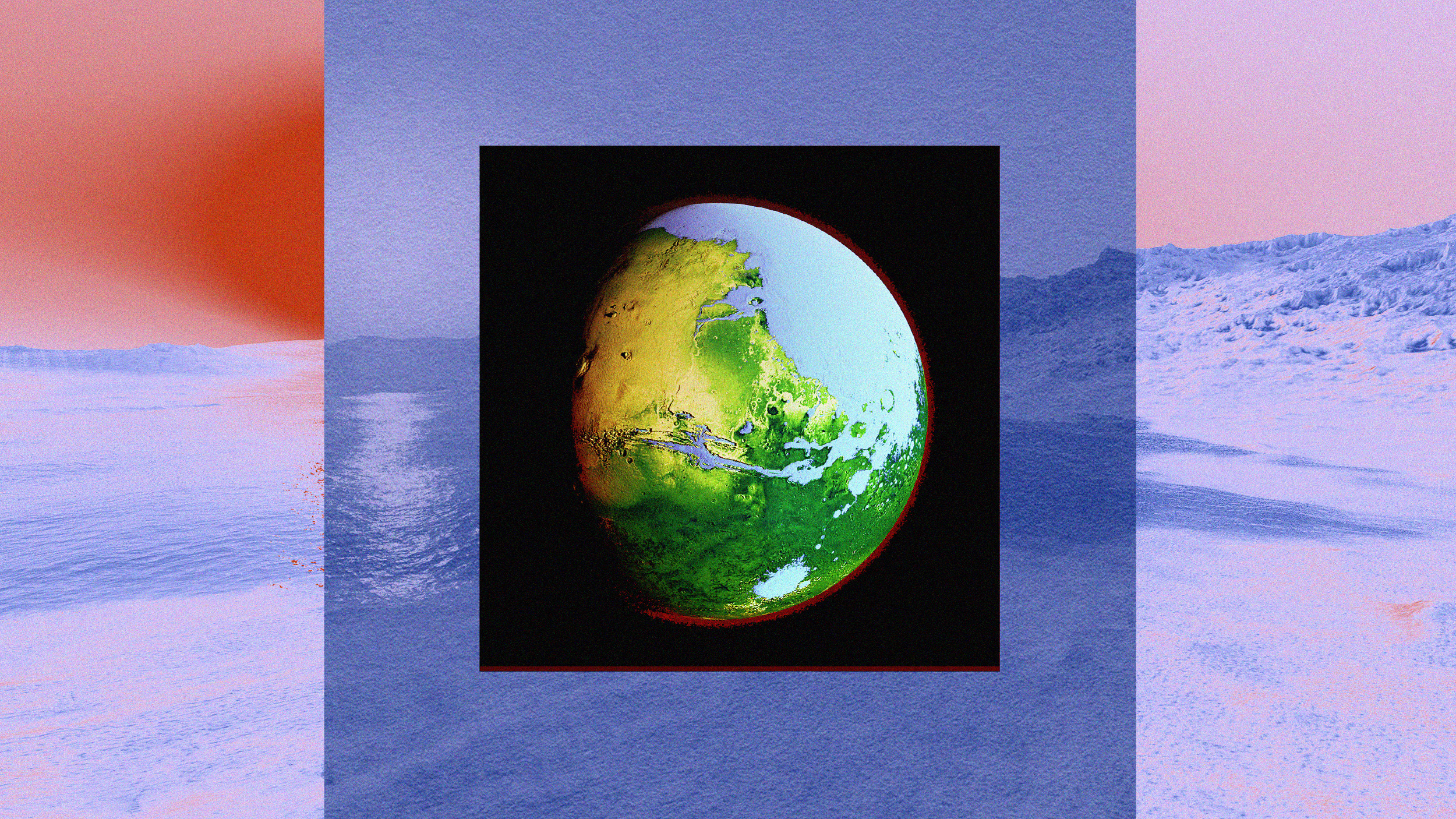Is it Time to Buy Real Estate on Gliese 581d?
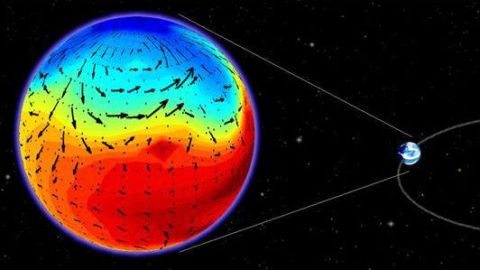
What’s the Big Idea?
Scientists have long grasped the idea that we Earthlings might not be that special, and certainly not alone in the Universe. NASA’s Kepler telescope has allowed us to glimpse into far distant realms, and based on observation we can calculate the possibility that there could be some 2 billion potential earth-like planets in the Milky Way Galaxy alone.
A group of astrophysicists at the Institute Pierre Simon Laplace in Paris believe they have discovered the first potentially habitable exoplanet, called Gliese 581d.
In order to make this kind of determination, the research team had to use a new kind of computer model that was capable of simulating possible exoplanet climates. The computer simulation is similar to the way climate change scenarios have been studied on Earth. The conditions for sustaining Earth-like life, after all, are quite specific. It can’t be too hot or too cold, and most planets we have been able to observe are either one or the other. The climate on Gliese 581d, however, is apparently warm enough to support oceans, clouds and rainfall.
What’s the significance?
The necessity to expand into space is driven by the rate at which we are depleting our natural resources on this planet. One natural resource study found that we will need two earths to sustain ourselves by 2030. To sustain American-style consumption for the whole planet would require far more resources beyond that.
The Moon and Mars have been proposed as two possible human settlements in space, but they each present their own unique challenges. Two exoplanets–planets outside the solar system–have previously been offered up by astrophysicists as potential human colonies, only to be withdrawn from consideration after further study. That makes the possibility of human habitation on Gliese 581d–if this finding holds up to further scrutiny–a quite significant discovery indeed.
Unfortunately, getting to Gliese 581d would be quite difficult given current space travel limitations. It could take up to 3,000 lifetimes to cover the 20 light year journey from Earth. So if you’re tempted to buy real estate on Gliese 581d, consider it a long-term investment.

